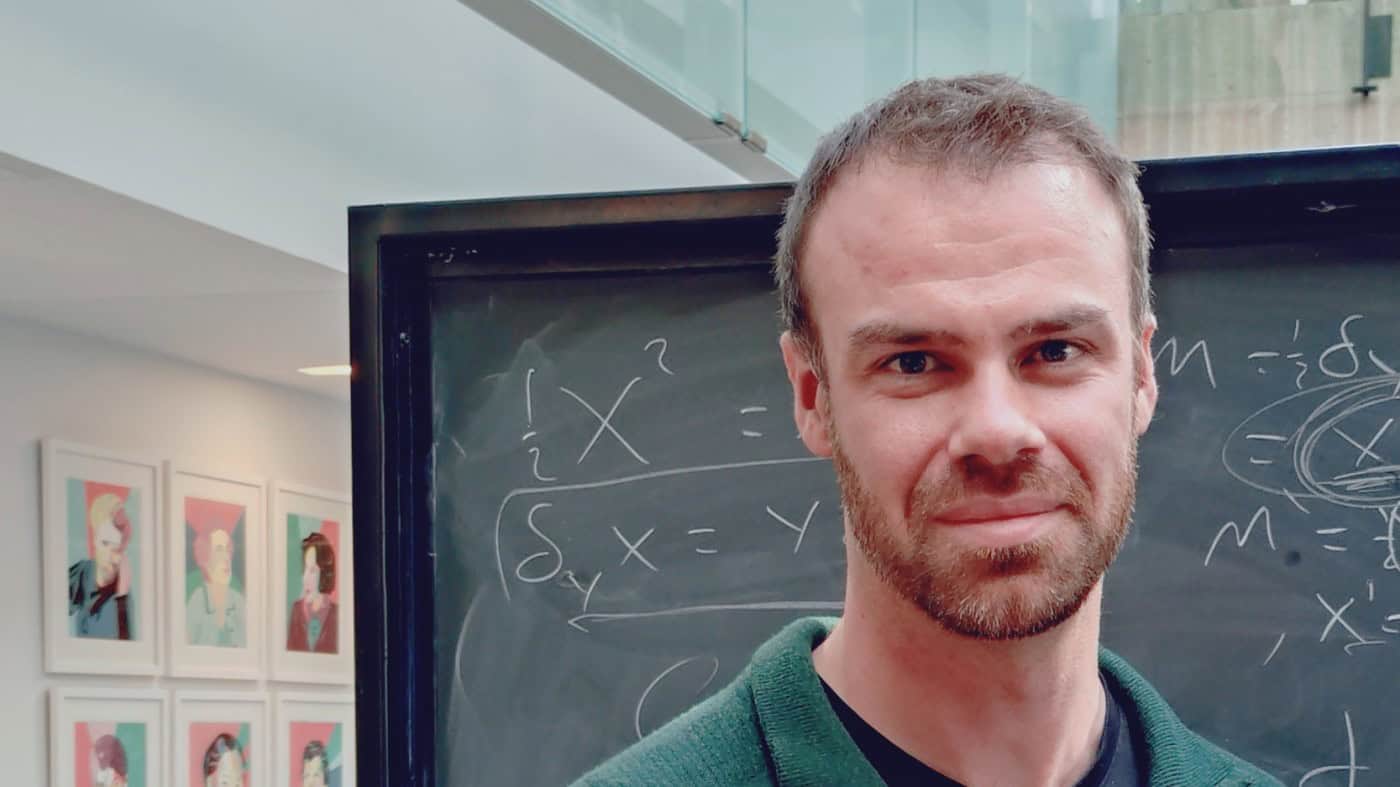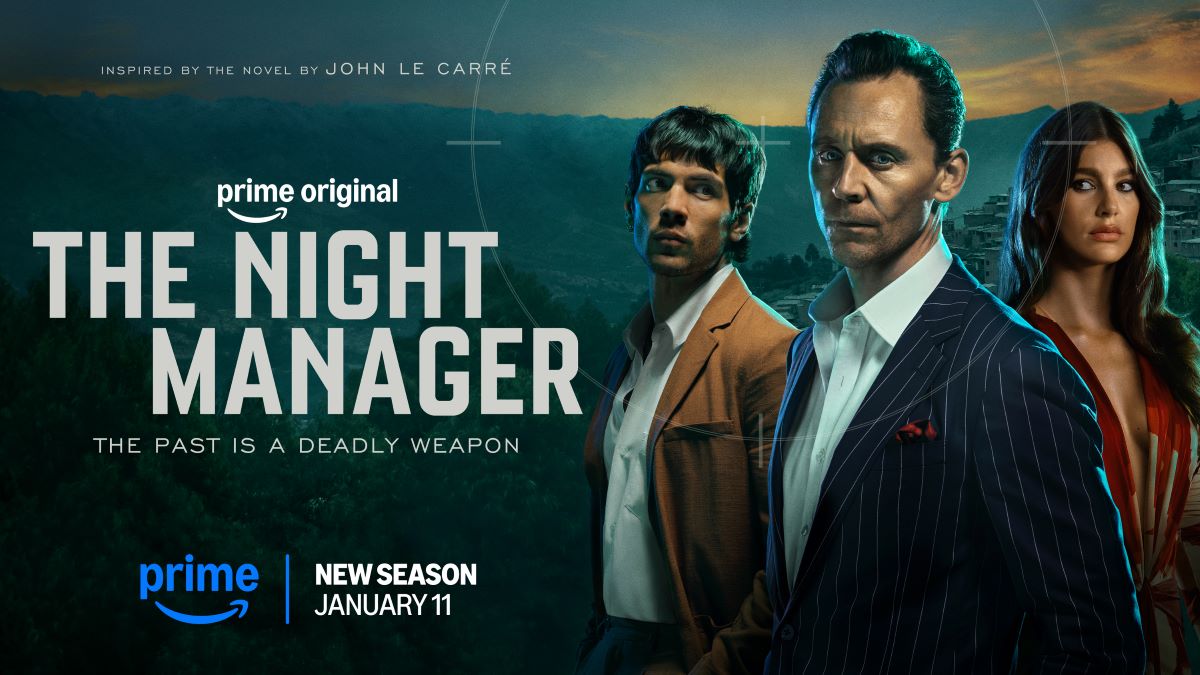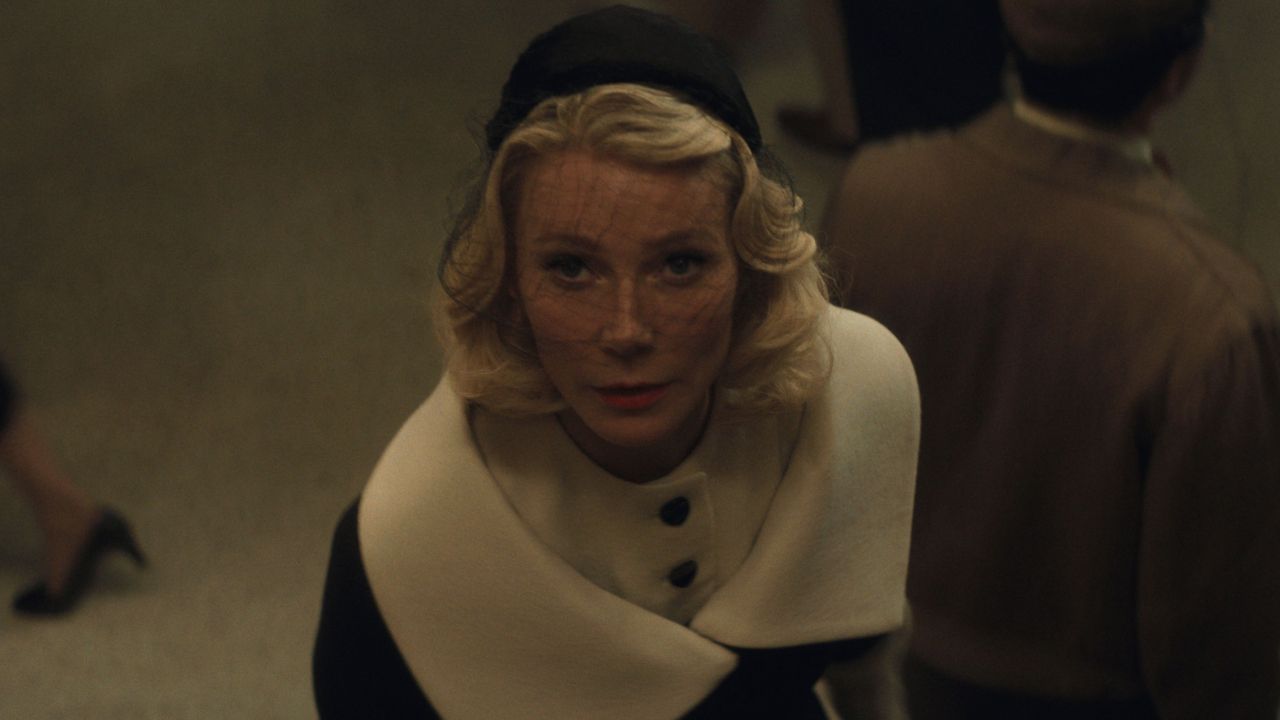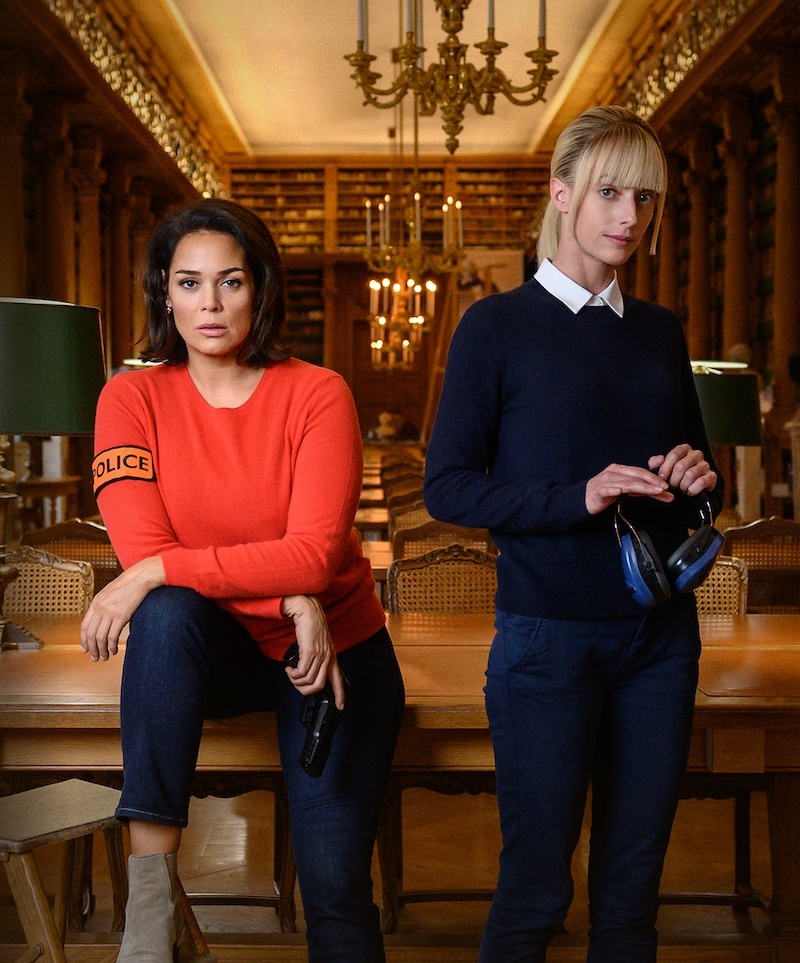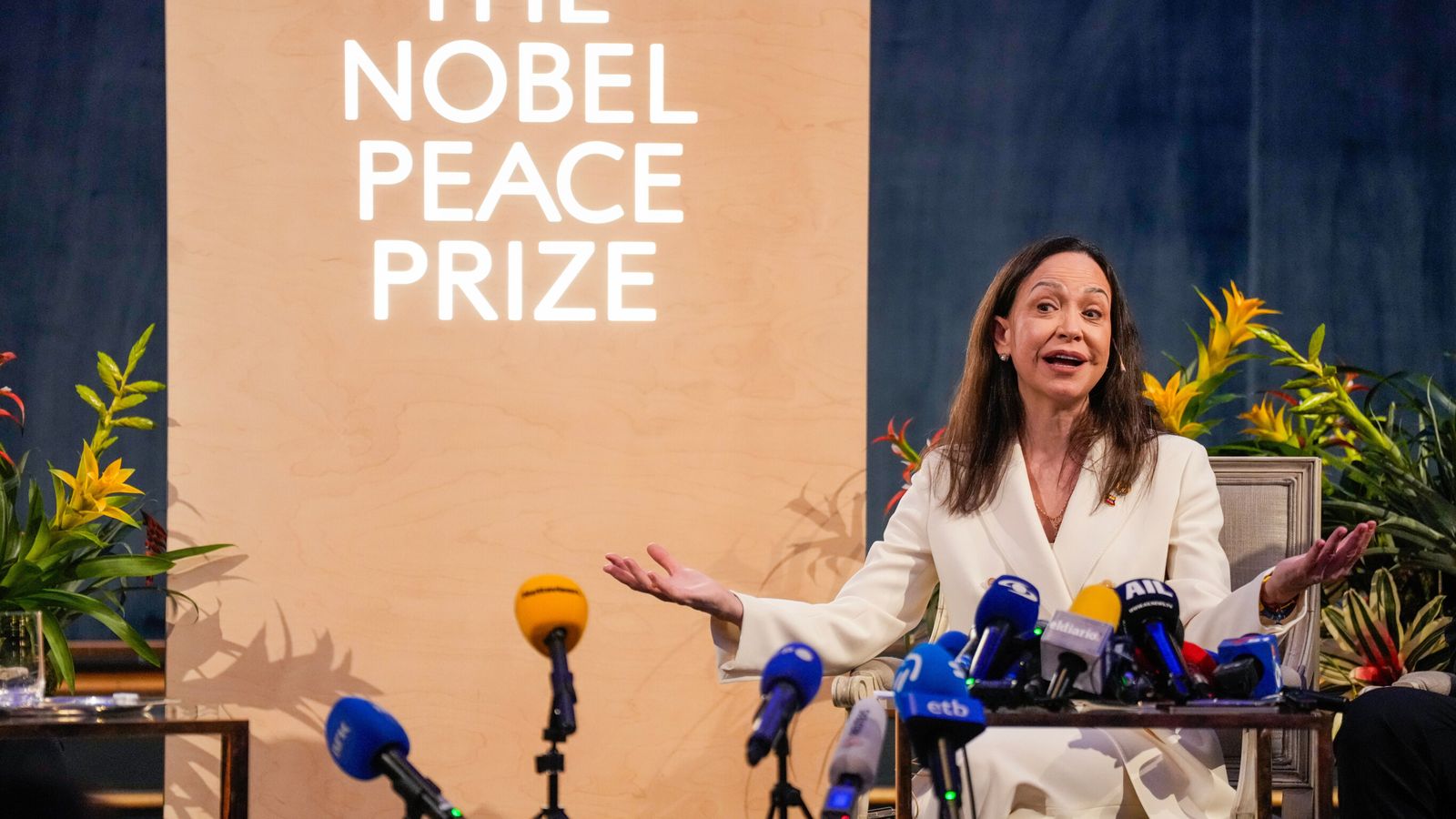Russian actress and a film director returned to Earth Sunday after spending 12 days on the International Space Station (ISS) shooting scenes for the first movie in orbit.
Yulia Peresild, 37, and Klim Shipenko, 38, landed as scheduled on Kazakhstan’s steppe at 04:36 GMT (10:06am IST), according to footage broadcast live by Russia’s Roscosmos space agency.
Shipenko appeared distressed but smiling as he exited the capsule, waving his hand to cameras before being carried off by medical workers for an examination.
Peresild, who plays the film’s starring role and was selected from some 3,000 applicants, was extracted from the capsule to applause and a bouquet of flowers.
The actress said she is “sad” to have left the ISS.
“It seemed that 12 days was a lot, but when it was all over, I didn’t want to leave,” she told Russian television.
“This is a one-time experience.”
The team was ferried back to terra firma by cosmonaut Oleg Novitsky, who had been on the space station for the past six months.
21st century space race
The filmmakers had blasted off from the Russia-leased Baikonur Cosmodrome in ex-Soviet Kazakhstan earlier this month, travelling to the ISS with veteran cosmonaut Anton Shkaplerov to film scenes for “The Challenge”.
If the project stays on track, the Russian crew will beat a Hollywood project announced last year by Mission Impossible star Tom Cruise together with NASA and Elon Musk’s SpaceX.
The Russian movie’s plot, which has been mostly kept under wraps along with its budget, centres around a surgeon who is dispatched to the ISS to save a cosmonaut.
Shkaplerov, 49, along with the two Russian cosmonauts who were already aboard the ISS are said to have cameo roles in the film.
The mission was not without small hitches.
As the film crew docked at the ISS earlier this month, Shkaplerov had to switch to manual control.
And when Russian flight controllers on Friday conducted a test on the Soyuz MS-18 spacecraft the ship’s thruster fired unexpectedly and destabilised the ISS for 30 minutes, a NASA spokesman told the Russian news agency TASS.
The team’s landing, which was documented by a film crew, will also feature in the movie, Konstantin Ernst, the head of the Kremlin-friendly Channel One TV network and a co-producer of “The Challenge”, told AFP.
Russian firsts
The mission will add to a long list of firsts for Russia’s space industry.
The Soviets launched the first satellite Sputnik, and sent into orbit the first animal, a dog named Laika, the first man, Yuri Gagarin, and the first woman, Valentina Tereshkova.
But compared with the Soviet era, modern Russia has struggled to innovate, and its space industry is fighting to secure state funding with the Kremlin prioritising military spending.
Its space agency is still reliant on Soviet-designed technology and has faced a number of setbacks, including corruption scandals and botched launches.
Russia is also falling behind in the global space race, facing tough competition from the United States and China, with Beijing showing growing ambitions in the industry.
Russia’s Roscosmos was also dealt a blow after SpaceX last year successfully delivered astronauts to the ISS, ending Moscow’s monopoly for journeys to the orbital station.
In a bid to spruce up its image and diversify its revenue, Russia’s space programme revealed this year that it will be reviving its tourism plan to ferry fee-paying adventurers to the ISS.
After a decade-long pause, Russia will send two Japanese tourists – including billionaire Yusaku Maezawa – to the ISS in December, capping a year that has been a milestone for amateur space travel.


